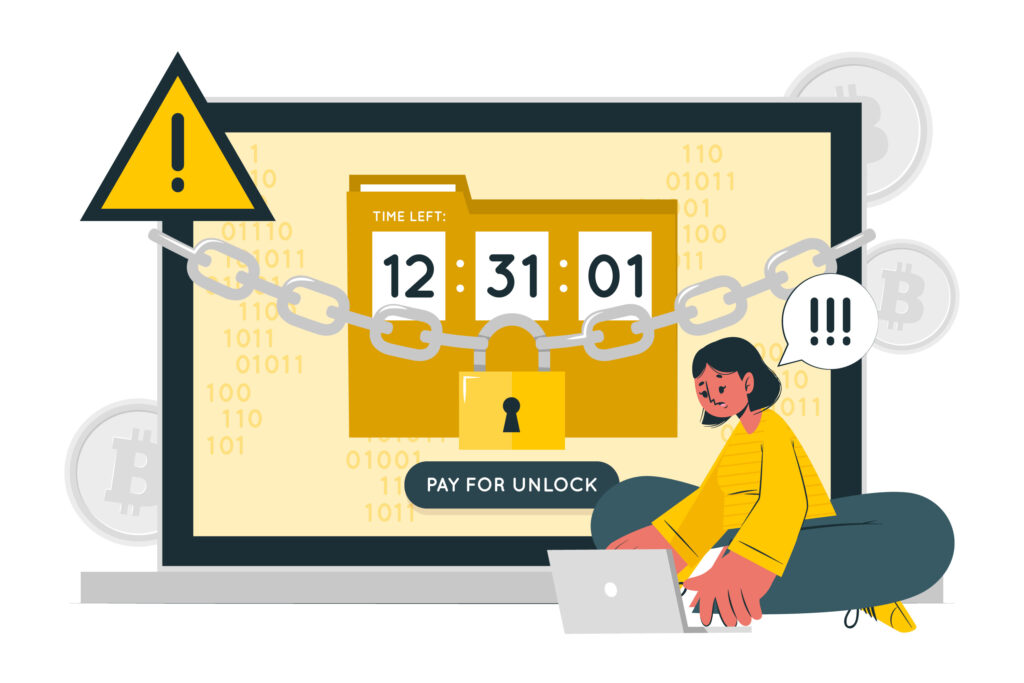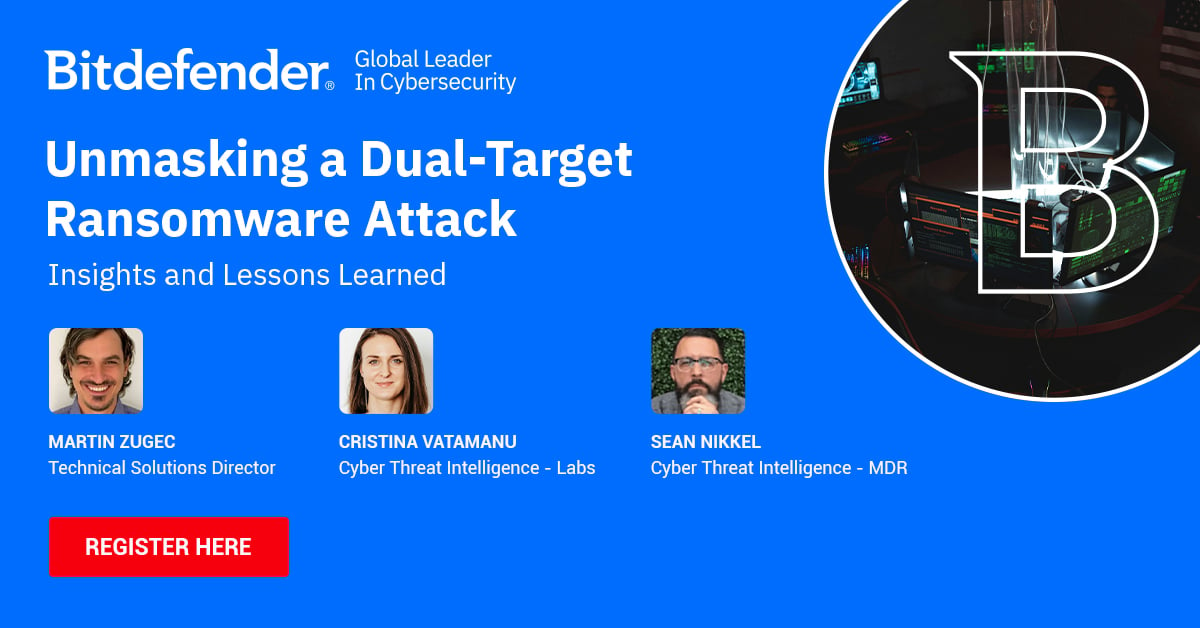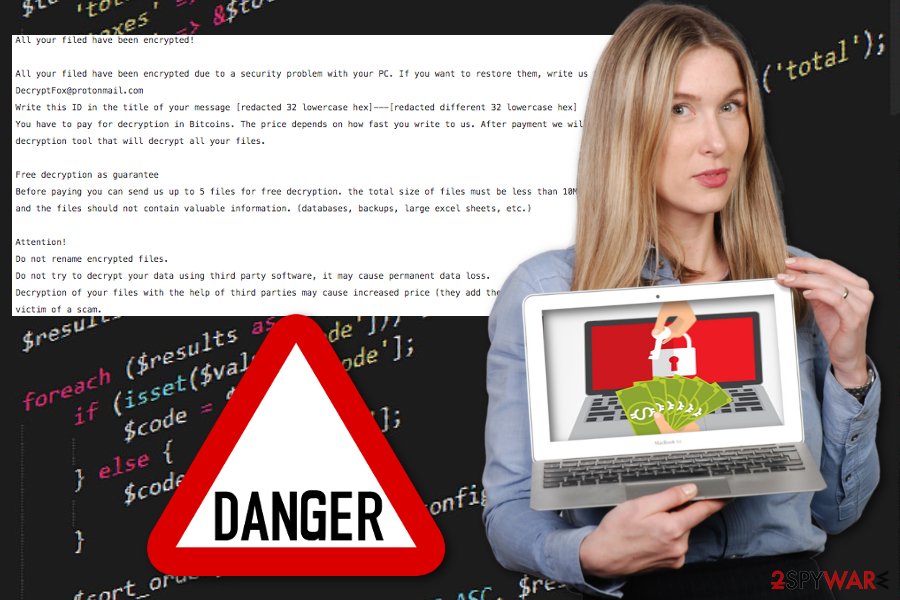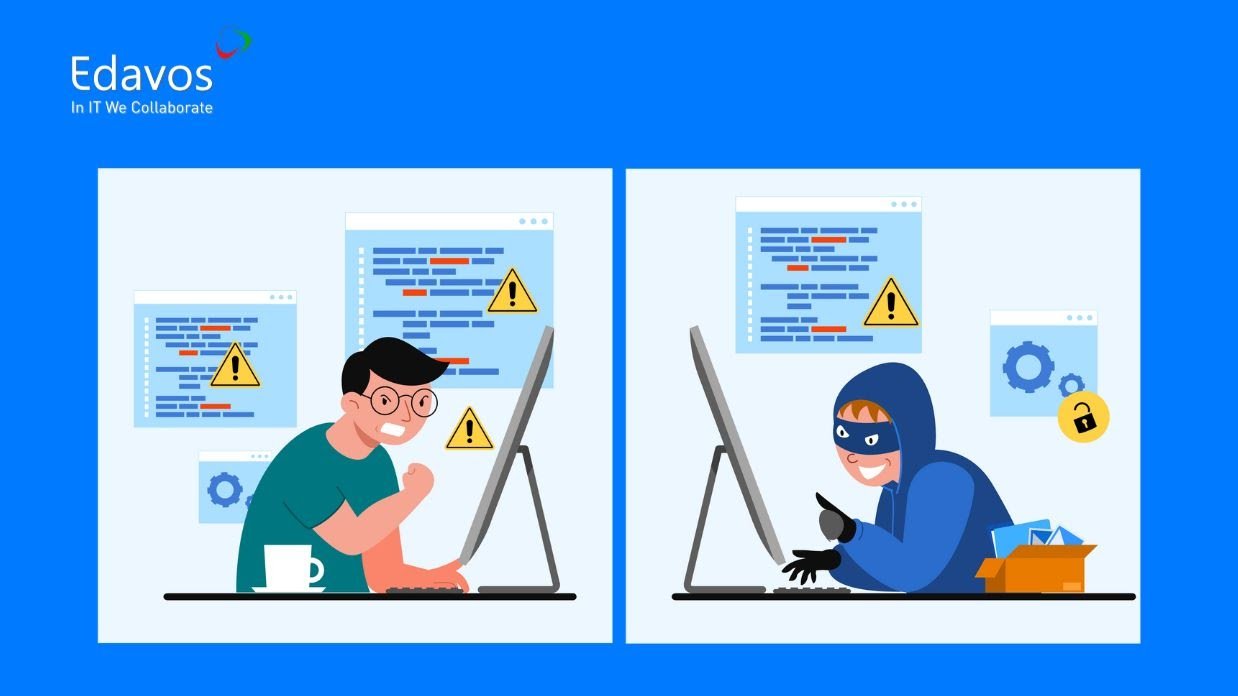
The world of healthcare has witnessed another significant cybersecurity breach, as DaVita, a leading dialysis firm, has been hit by a ransomware attack. This incident, reported by AOL, highlights the growing threat of cyberattacks in the healthcare sector and the potential risks to patient data and care. In this article, we will delve into the details of the attack, its implications, and what it means for the future of healthcare cybersecurity.
The Ransomware Attack on DaVita: What Happened?
DaVita, a company that provides dialysis services to thousands of patients worldwide, has confirmed that it has fallen victim to a ransomware attack. The attack, which occurred recently, has resulted in the encryption of sensitive data, including patient information and operational systems. The attackers are demanding a ransom in exchange for the decryption key, leaving DaVita with a difficult decision to make.
The Risks and Implications of the Attack
The ransomware attack on DaVita has significant implications for the company, its patients, and the healthcare sector as a whole. Some of the key risks and implications include:
Patient Data Breach: The encryption of patient data poses a significant risk to patient confidentiality and privacy. If the data falls into the wrong hands, it could be used for malicious purposes, including identity theft and medical fraud.
Disruption of Services: The attack has likely disrupted DaVita's operations, potentially impacting the delivery of critical dialysis services to patients. This could have serious consequences for patients who rely on these services to stay alive.
Financial Implications: The ransomware attack could result in significant financial losses for DaVita, including the cost of paying the ransom, restoring systems, and implementing new security measures.
The Growing Threat of Cyberattacks in Healthcare
The attack on DaVita is not an isolated incident. The healthcare sector has witnessed a surge in cyberattacks in recent years, with ransomware being a particularly popular tactic used by attackers. The reasons for this are twofold:
Sensitive Data: Healthcare organizations possess vast amounts of sensitive patient data, making them a prime target for attackers.
Outdated Systems: Many healthcare organizations rely on outdated systems and technology, making them vulnerable to cyberattacks.
Protecting Against Ransomware Attacks
To protect against ransomware attacks, healthcare organizations must take a proactive approach to cybersecurity. This includes:
Implementing Robust Security Measures: Healthcare organizations must implement robust security measures, including firewalls, antivirus software, and intrusion detection systems.
Conducting Regular Backups: Regular backups of critical data can help minimize the impact of a ransomware attack.
Training Employees: Employees must be trained to recognize and respond to potential cyber threats.
The ransomware attack on DaVita is a stark reminder of the growing threat of cyberattacks in the healthcare sector. As the use of technology in healthcare continues to evolve, it is essential that organizations prioritize cybersecurity to protect patient data and ensure the continuity of critical services. By understanding the risks and implications of ransomware attacks and taking proactive measures to protect against them, healthcare organizations can minimize the risk of falling victim to these types of attacks.
Note: This article is for informational purposes only and is not intended to provide specific advice or recommendations. If you are concerned about the security of your organization's data, please consult with a qualified cybersecurity expert.

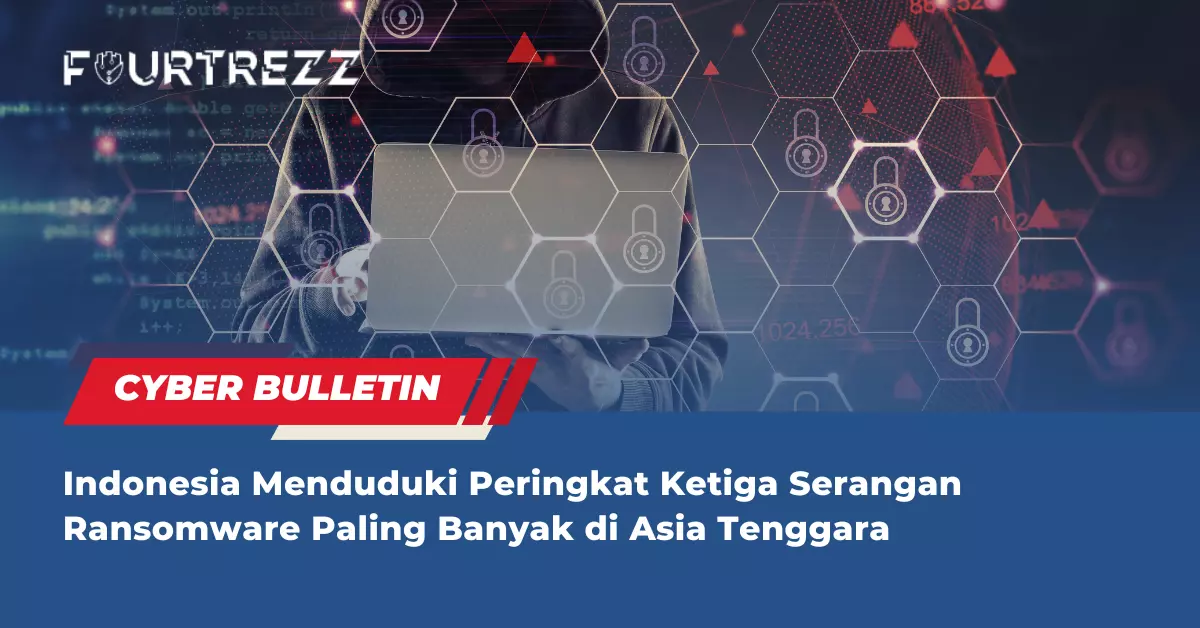
![Ransomware-as-a-Service and the AV Integrator – rAVe [PUBS]](https://www.ravepubs.com/wp-content/uploads/2022/05/ransomware-attack.png)

